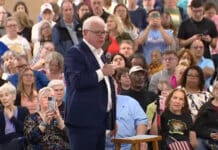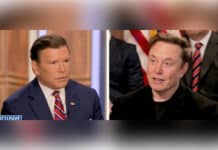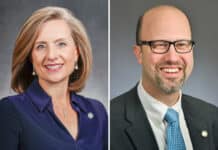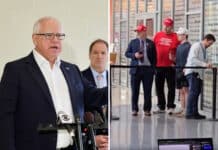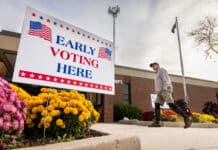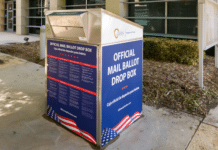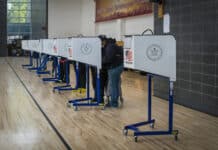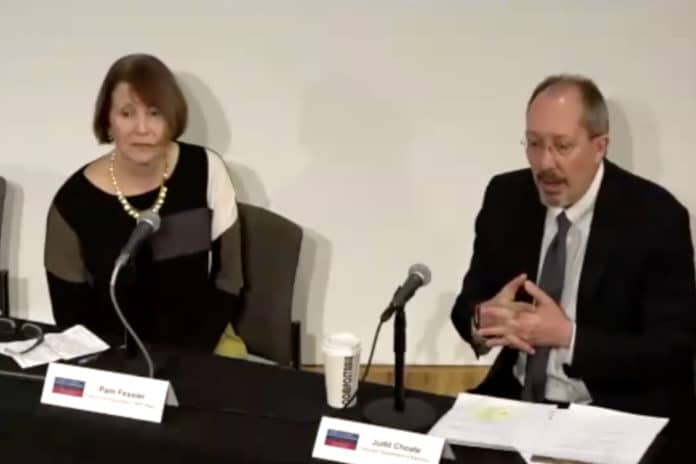
The University of Minnesota held an event recently where students working towards a certificate in election administration were taught to build strategic alliances with the media and celebrities to counter the voices of election security skeptics.
The event was called “Election Accuracy: Going on the Offensive” and was put on by the university’s Hubert H. Humphrey School of Public Affairs as part of its program for training current and future election officials. The event featured speakers who taught students to build allies in the media ahead of Election Day to neutralize skeptics who may raise questions about practices like mail-in voting.
The seminar opened with Professor Larry Jacobs asserting that “2020 was probably one of the best-run elections that most of us have had experience with” before introducing Pam Fessler, a former NPR elections correspondent.
“You don’t convince people with facts,” Fessler told attendees. “If they disagree with you, you are not going to persuade them with facts and numbers.”
To make people feel like the current systems of electoral administration are “something that they should support,” election officials must adopt “a whole different mindset,” leveraging “narratives and emotions,” she said. Specifically, she said officials should get at “something a little bit more essential” by invoking concepts of patriotism and democracy to “make people feel like it is, you know, something that they should support.”
Another panelist, Harvard Professor Dan Carpenter, then claimed election administrators need to appeal to voters’ trust in the U.S. Postal Service to dispel fears about security with mail-in ballots.
The conversation then turned back to Fessler who instructed election administrators to build strong relationships with carefully selected journalists who can reinforce the government’s narrative on elections.
“Traditionally, the media has more kind of an adversarial relationship, as it should, with government,” Fessler began, before noting that on elections, however, things are different: “the media is definitely your ally for the most part.”
“I think it is very, very crucial now before the election, reach out to those reporters ahead of time,” Fessler added. “You need to know that you can trust that reporter.”
She told students to vet which reporters they allow access to their future polling stations. “You have to kind of figure out which are the ones that can be more of your allies,” she concluded, emphasizing the utility of “mainstream news organizations” over “all these other media outlets.”
Carpenter later appeared back on screen, reiterating Fessler’s call to “find allies,” adding that election administrators should “use celebrities and or surrogates or public service announcements” to convince the public that elections are free and secure.
“There are some people who are casting doubt on these election results who are conspiracy theorists and there are some, unfortunately, who are — we’re dealing with the forces of global authoritarianism. And this is, again, especially coming out of places like Russia and other countries. And I think, you know, sometimes one needs to know who your enemy is and at some level, you know, undermine them actively,” he added.
The Harvard professor then suggested that relevant parties should sue so-called “conspiracy theorists” to silence them.
Watch the entire recording here.


